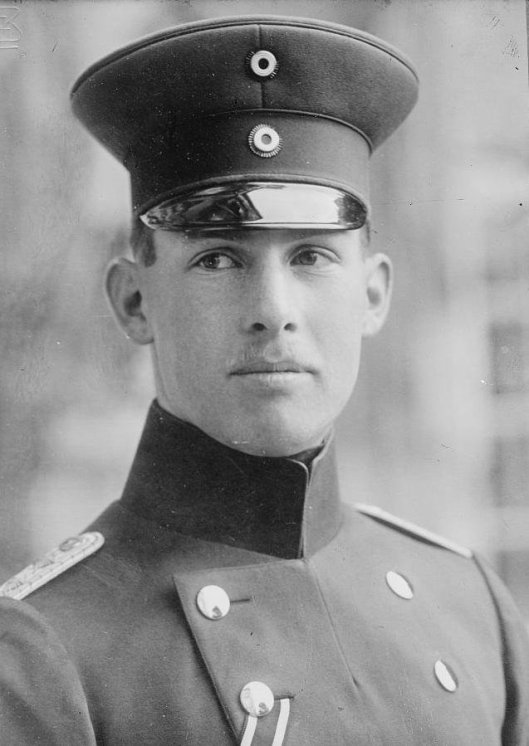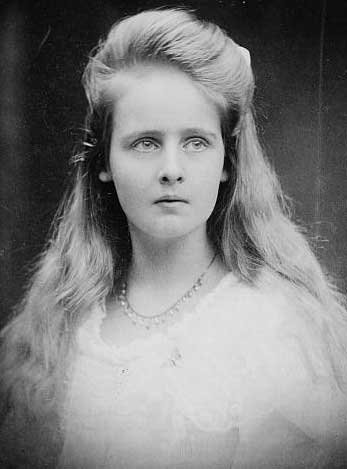Tags
Battle of Dumlupınar, King Christian X of Denmark, king George II of the Hellenes, National Assembly, Princess Elisabeth of Romania, Revolutionary Government, The Second Hellenic Republic
George II (July 19, 1890 – April 1, 1947) was King of the Hellenes from September 1922 to March 1924 and from November 1935 to his death in April 1947.
George was born at the royal villa at Tatoi, near Athens, the eldest son of Crown Prince Constantine of Greece and his wife, Princess Sophie of Prussia; the daughter of German Emperor Friedrich III and his wife Victoria, Princess Royal of the United Kingdom and a daughter of Queen Victoria of the United Kingdom and Prince Albert of Saxe-Coburg-Gotha.
George pursued a military career, training with the Prussian Guard at the age of 18, then serving in the Balkan Wars as a member of the 1st Greek Infantry. When his grandfather was assassinated in 1913, his father became King Constantine I and George became the Crown Prince.
After a coup deposed Constantine I during World War I, Crown Prince George, by then a major in the Hellenic Army, followed his father into exile in June 1917. George’s younger brother, Alexander, was installed as king by Prime Minister Eleftherios Venizelos and the allied powers because George, like his father, was viewed as a germanophile.

King George II of the Hellenes
When Alexander I died following an infection from a monkey bite in 1920, Venizelos was voted out of office, and a plebiscite restored Constantine to the throne. Crown Prince George served as a colonel, and later a major general in the war against Turkey.
During this time he married his second cousin, Princess Elisabeth of Romania on February 27, 1921 in Bucharest. Princess Elisabeth was a daughter of King Ferdinand of Romania and Princess Marie of Edinburgh.
Marie of Edinburgh was born into the British royal family. Her parents were Prince Alfred, Duke of Edinburgh (later Duke of Saxe-Coburg and Gotha), and Grand Duchess Maria Alexandrovna of Russia, the fifth child and only surviving daughter of Emperor Alexander II of Russia and Princess Marie of Hesse and by Rhine.
King George II and his wife Princess Elisabeth of Romania were second cousins and shared common descent from Emperor Paul of Russia and his wife Duchess Sophia Dorothea of Württemberg. Princess Elisabeth was a great-great-great granddaughter of Emperor Paul through his eldest son Emperor Nicholas I of Russia. King George II was a great-great grandson of
Emperor Paul through a younger son Grand Duke Constantine Nikolaievich of Russia (brother of Emperor Nicholas I of Russia).
On March 10 that same year, his younger sister Princess Helen, married his brother-in-law from his recent marriage to the future King Carol II of Romania.
When the Turks defeated Greece at the Battle of Dumlupınar, the military forced the abdication of King Constantine I, and Crown Prince George succeeded to the Greek throne on September 27, 1922 as King George II of the Hellenes.

Princess Elisabeth of Romania
After the Battle of Dumlupınar the position of the monarchy remained precarious. The military-led “Revolutionary Government” tried and convicted six leading royalists to death as scapegoats for the country’s military defeat, and gradually steered the country in the direction of a republic.
On October 18, 1923, the Revolutionary Government proclaimed elections to be held on December 16 for a National Assembly which would decide on the country’s future form of government. The Revolutionary Government however, headed by Gonatas, had passed an electoral law which heavily favoured the Venizelist Liberal Party and the other anti-monarchist parties.
The royalist parties abstained from the December elections, paving the way for the electoral triumph of the Venizelist parties. The Revolutionary Committee asked King George II to leave Greece while the National Assembly considered the question of the future form of government. He complied and, although he refused to abdicate. King George II left the country on December 19, for exile in his wife’s home nation of Romania
The Second Hellenic Republic was proclaimed by parliament on March 25, 1924, before being confirmed by a referendum two and a half weeks later. George and Elisabeth were officially deposed and banished; along with all members of the royal family they were stripped of their Greek citizenship and their property was confiscated by the government of the new republic. Rendered stateless, they were issued new passports from their cousin, King Christian X of Denmark.
A cold, aloof man, George rarely inspired love or affection from those who knew him, and certainly not from the vast majority of his subjects. Many commented that his moody, sullen personality seemed more appropriate for his ancestral homeland of Denmark than Greece. Furthermore, George’s long years spent living abroad had led him to a mentality that was essentially Western European in outlook. He had come to see Greece very much as Western Europeans did at the time, namely as a primitive.
